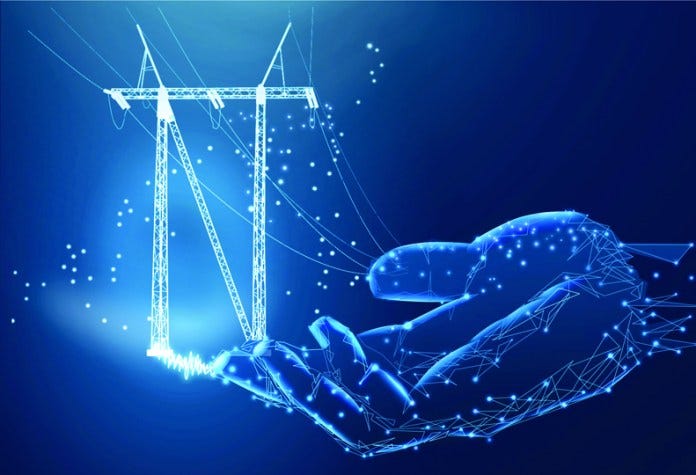The Role of Artificial Intelligence in Future Electrical Engineering Strategies

The Role of Artificial Intelligence in Future Electrical Engineering StrategiesAs the demands on electrical systems evolve, so do the technologies and strategies employed to optimize them. In today's fast-paced environment, Artificial Intelligence (AI) has emerged as a critical ally in enhancing the efficiency and reliability of electrical engineering applications. AI's ability to analyze vast amounts of data in real-time is revolutionizing the field. Here are some key points detailing how AI will shape future electrical engineering strategies:
Automated System Monitoring and Management
AI systems can continuously monitor and analyze electrical grid performance, identifying patterns and anomalies that may indicate faults or inefficiencies. By leveraging machine learning algorithms, AI can learn from historical data to improve its predictive maintenance capabilities. This proactive approach allows AI-driven systems to detect and address issues more quickly than traditional methods, potentially preventing outages and equipment failures.
Predictive Maintenance
AI can forecast potential equipment failures before they occur by analyzing operational trends and patterns from various data sources. This predictive capability enables organizations to implement maintenance measures proactively, reducing downtime and extending the lifespan of electrical equipment. Predictive maintenance powered by AI not only enhances operational efficiency but also optimizes resource allocation for maintenance efforts.
Enhanced Response to Electrical Failures
When an electrical fault occurs, the speed of response is crucial. AI enhances response times by automating the initial steps of fault identification and isolation. This allows engineers to focus on complex troubleshooting tasks, significantly reducing the overall recovery time and minimizing the impact of the failure on operations.
Customized Energy Management
AI enables the customization of energy consumption profiles based on user behavior and demand patterns. By learning from historical energy usage, AI systems can optimize energy distribution and load balancing, ensuring that resources are allocated efficiently. Such tailored management strategies improve overall energy efficiency and user satisfaction.
Automation and Control Systems Integration
AI integrates various control tasks under a unified framework, automating processes like load forecasting, demand response, and grid management. This integration not only streamlines operations but also ensures consistency and precision, reducing human error and enhancing overall system performance.
Advanced Fault Detection
AI technologies can process and analyze data from multiple sensors and sources to continually refine fault detection mechanisms. This enhanced capability is crucial for understanding complex electrical systems and enables better preparedness for emerging challenges in system reliability.
Facilitating Smart Grid Solutions
AI supports the implementation of smart grid technologies by continuously optimizing energy distribution based on real-time data. AI enhances grid resilience by dynamically managing demand and supply fluctuations, ensuring a stable and efficient power supply.
Reducing False Positives in System Monitoring
AI systems are adept at distinguishing between normal operational variations and genuine faults, which helps reduce the noise in system monitoring. This capability ensures that engineers can focus on significant issues rather than being overwhelmed by false alarms.
Scaling Electrical Engineering Solutions
AI can handle vast amounts of data and processes simultaneously, allowing electrical engineering solutions to scale with growing demand. This scalability is vital for supporting the increasing complexity of modern electrical systems and their integration with renewable energy sources.
Enhancing Data Security and Compliance
AI can also automatically encrypt sensitive operational data and manage complex access controls, ensuring that critical information is protected from unauthorized access. Additionally, AI systems can assist in maintaining compliance with industry regulations by monitoring and reporting on data access and usage.As AI continues to integrate into electrical engineering strategies, organizations will experience substantial improvements in system reliability, efficiency, and overall performance. The role of AI in future electrical engineering is not just complementary; it is expected to become central to how organizations optimize and manage electrical systems. With ongoing advancements in AI technology, future electrical engineering strategies will increasingly rely on intelligent, autonomous systems to enhance performance and ensure sustainable energy practices.